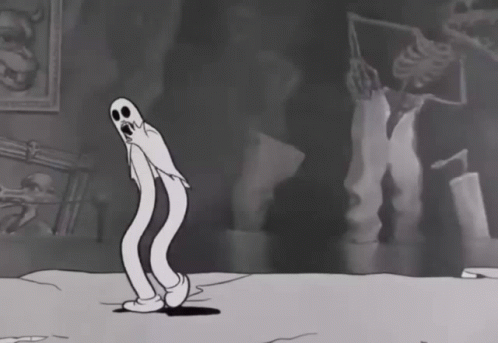Why We Love Origin Stories

“Why is ever superhero movie an origin story?” That is the most common complaint I hear whenever I talk to my friends about superhero films, and recently, has been a question that I’ve been pondering myself.
The question of origins is a fascinating one, and holds a universal and undying appeal. Who are we? Where do we come from? Why are we here? Because as humans we are naturally inquisitive and curious, we keep asking ourselves these questions, often times without any real answer. So, what is the solution we came up with? We make stuff up. The way humankind has answered this question of our origins has often been through the analogy of individual origins. The universe, (uni-verse, meaning one poem) is an individual, only bigger. We imagine stories of great beings creating the universe, fighting for our very souls. That is how mythologies, and superheroes are born, through us wanting to not only understand ourselves, but as a need to better ourselves.
We love origin stories for that very reason, because it shows us the very moment wherein our favourite characters go from being just-like-us, to being better, faster, & stronger. After all, that was the original idea behind Superman, to be the man of tomorrow — a source of endless inspiration. However, whenever we want to set up a new universe for an already established character, we invariably have to go through the steps of how they got to where they are. It’s always the same formula, one of three steps, with one or two minor tweaks to the original story. And despite this, and the numerous times we’ve read and viewed the same origin story, despite know what’s going to happen within a certain degree of accuracy, we still seek that familiar comfort.
Take, for example Superman: Red Son, wherein Supes doesn’t crash land in a Kansas field to be taken into the home of the most enlightened farmers ever created, but instead due to pure chance, in the collective farmlands of the USSR. Rather than fighting for, “truth, justice, and the American way,” Superman becomes the, “Champion of the common worker who fights a never-ending battle for Stalin.” It’s a small change, but the series had to establish the origin of the now Soviet Superman, as that would impact the rest of the character’s life in that altered universe.
The three steps, as mentioned before, are Chance, Trauma, and Destiny.
The most well-known example of chance is Spider-Man, in which Peter Parker is bitten by a radioactive/genetically engineered spider that grants him super powers. Chance shows us how random, adverse events that can happen to any one of us, not just superheroes, such as getting involved in a near-death experience, can cause many of us to take stock of our lives and choose a different path.
The second is trauma, a trope which lies at the heart of Batman’s story. Bruce Wayne dedicates himself to fighting crime after seeing his parents murdered. While he took the most extreme route in terms of dressing up and going after the criminals one-on-one, again, us non-heroes have plenty of examples in which people have gone through stress-induced growth, resolving to help others, such as become social activists.
Lastly, is the idea of destiny. This is where a character, such as Neo from The Matrix, or Buffy from Buffy the Vampire Slayer, realizes that they are The Chosen One as outlined by some prophecy or other story-telling tool. Often, the characters are reluctant to accept this fate of theirs, but in the end dive into it, assuming a great deal of responsibility that compels them to grow at a faster rate than they want to.
So, why is it that we like origin stories so much? I think it’s because at the end of the day, we identify with one or all of these life-altering forces in some way or another. At some point in our lives, we have all had to, or will have to, assume a great deal of responsibility, more than we’d like, because of chance, trauma, or, if you buy into the idea, fate. The origin stories, at their core, provide us with a source of inspiration and ways to cope with adversity. They provide us with comfort, because we can identify with what the characters feel and think, as they are a projection of what we wish to be, and what we wish to do. They allow us to find meaning in loss, and let us discover our strengths, so that we too may better the world. We like origin stories because they allow us to tap into one of our own powers; empathy.




